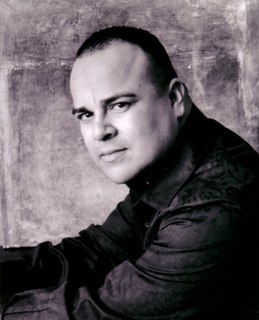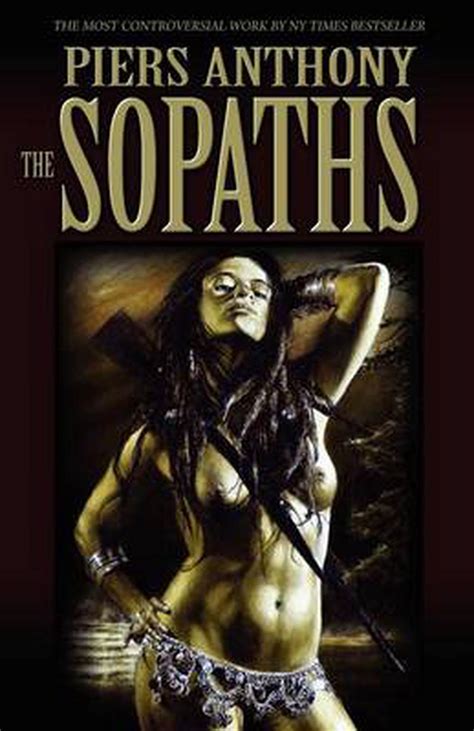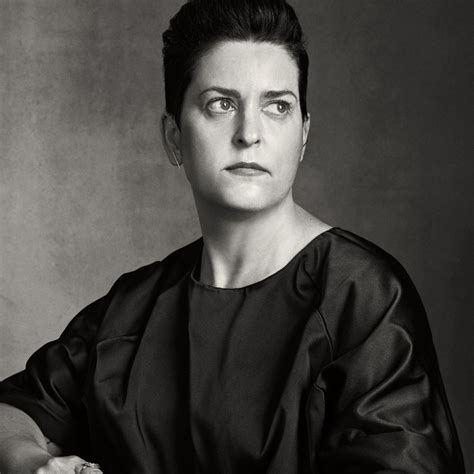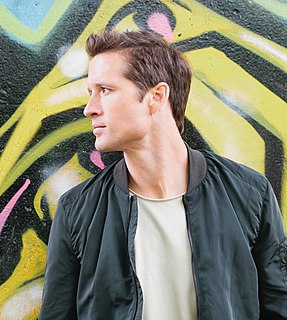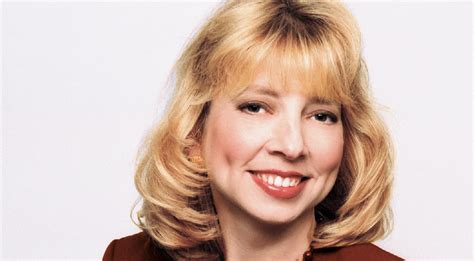A Quote by Christopher Hitchens
I don't even like showing my stuff to publishers and editors much.
Related Quotes
Editors can be stupid at times. They just ignore that author's intention. I always try to read unabridged editions, so much is lost with cut versions of classic literature, even movies don't make sense when they are edited too much. I love the longueurs of a book even if they seem pointless because you can get a peek into the author's mind, a glimpse of their creative soul. I mean, how would people like it if editors came along and said to an artist, 'Whoops, you left just a tad too much space around that lily pad there, lets crop that a bit, shall we?'. Monet would be ripping his hair out.
That's absolutely true, but one problem with the digital revolution, which may tie into what I said earlier, is that there can be a collapse of quality. You may not have liked the decisions made by publishers in the past, you may not have liked the decisions made by magazine editors or newspaper editors in the past. At least there was some quality control



